Call or Text
801-438-4793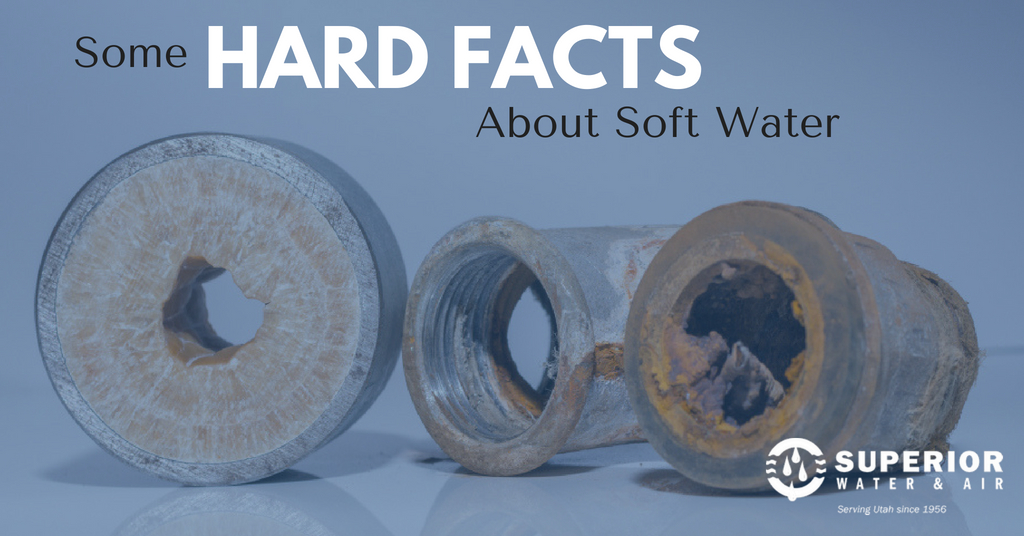
Some Hard Facts About Soft Water
June 24, 2010
Most of Utah has hard to very hard water. You can get a general idea of just how hard the water is in Utah compared to the rest of the nation with this map published by the United States Geological Survey (USGS). But why is it so important to understand the water hardness of your home? Here are just a few things you could be dealing with if the water in your area is hard:
- Red and itchy skin
- Soap and shampoo that doesn’t form bubbles properly, forcing you to use more
- Water-using appliances that wear out faster
- Dishes that are more likely to be spotty and not come clean
- The lifespan of clothing and fabrics that is considerably shorter
- Spending substantially more time cleaning hard water-related build up in our bathrooms
- And more!
The problem is, there are a lot of things that can be confusing about soft water and the effects of a water softener in your home. Some believe softened water tastes salty or that it adds a huge amount of sodium to your water. Because of this, you might think a water softener is a waste of money. However, that’s not the case. Did you know a water softener can actually save you money and give you softer skin and hair? Here are a few other soft water myths debunked:
Myth 1: Softened water tastes bad.
Although a form of sodium is used to neutralize the effects of hard water, it does not result in water that tastes “salty.” In fact, the amount of sodium a water softener adds is minimal. For an 8 oz glass of water, it adds about the amount of sodium found in a slice of white bread. For those who are worried about the extra sodium in their diet, a reverse osmosis water purifier can easily remove the small amount of sodium.
Myth 2: Water softeners are too expensive.
While a water softener can seem like an expensive investment, it can actually save you money in the long run. If the water where you are is hard, you could be cutting the life of your water heater by 30%. In fact, you could be using 50-70% less detergent for laundry and dishes, depending on how hard your water was before installing a water softener.
Myth 3: Soft water doesn’t rinse soap off completely.
Many people report that soft water feels “slippery,” but it’s actually what your skin feels like when soaps and shampoos are completely rinsed off. Hard water reacts with soap, leaving your skin with a thin layer of soap even after you’ve washed it off. Soft water prevents the soap from causing that buildup, which actually helps keep your skin and hair smooth and soft!
Myth 4: Water Softeners take away minerals that are good for me.
This one is partially true. Water softeners do remove calcium and magnesium, which are good for you when consumed, however, these minerals are not good for your home. The hard minerals in hard water can clog your pipes and they often cause hard water stains on dishes, faucets, and showerheads.
Myth 5: My water is already purified by my city, so I don’t need to soften my water.
This myth is partly true. Yes, your city does purify your water before it enters your home, however, your municipality’s water department does not remove the minerals that make water hard. There are also a number of other contaminants that could be lurking in your water.
Find out what could be lurking in your tap.
Myth 6: I can soften my water with a salt-free water softener.
Water softener systems that claim to be “salt-free” don’t actually soften your water at all. These systems are actually called descalers or water conditioners. Learn more about the differences between water softeners and descalers.
Want to Learn More?
If you’re interested in learning more about the effects of hard water in your home, you can check out our free hard water tool! You can enter your ZIP code to see how hard the water is in your area and learn more about the benefits of soft water.
Recent News

Do You Need a Water Softener? How to Tell & How You Benefit
May 29, 2025
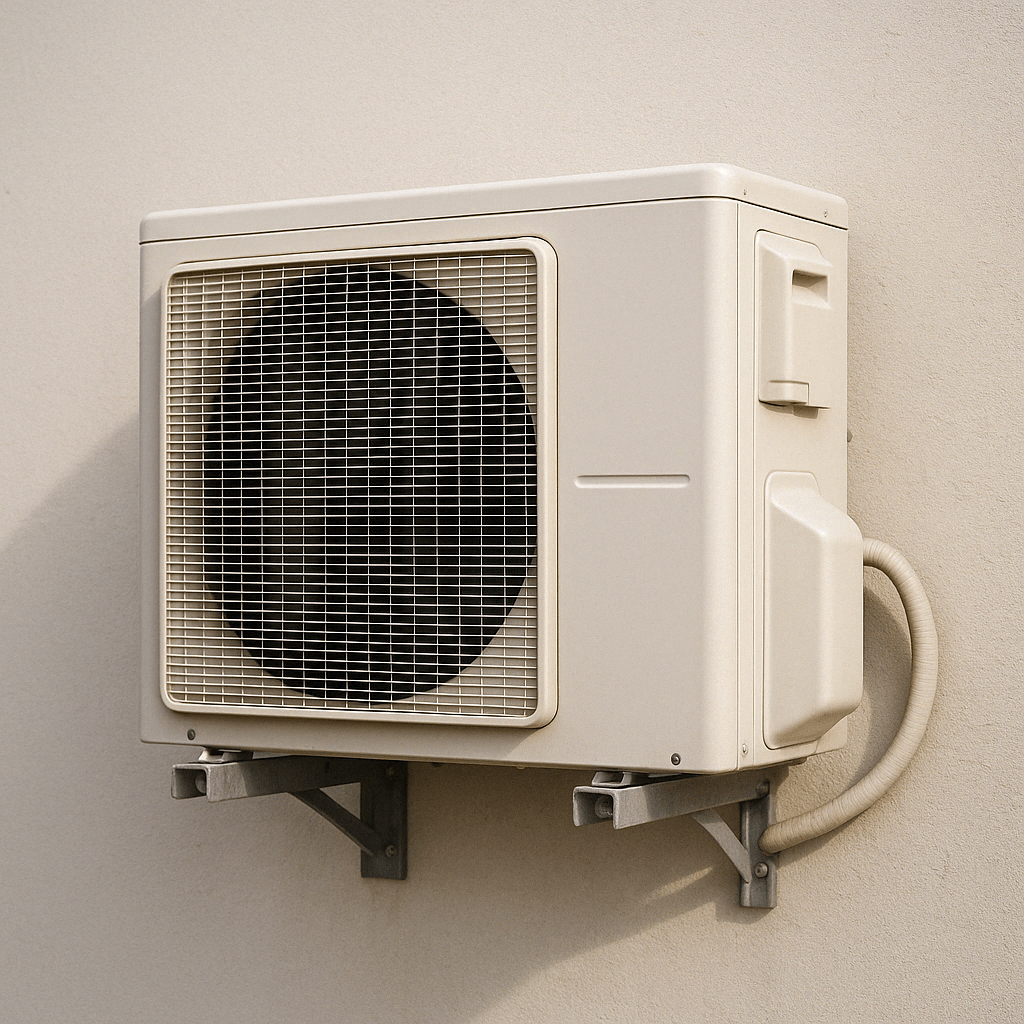
Get Your Air Conditioner Ready for the Summer with Superior Water & Air
April 21, 2025
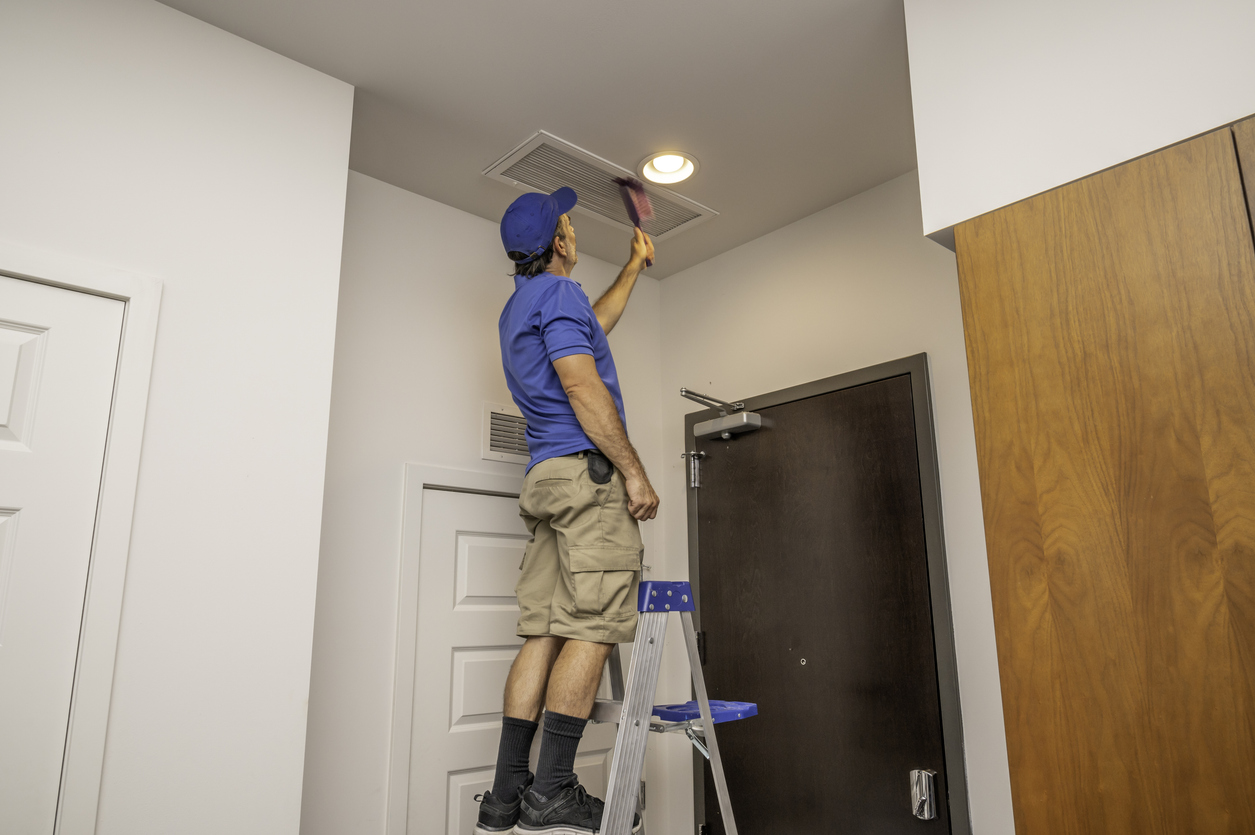
Why You Need the Air Ducts Cleaned in Your Home: Benefits & More
April 3, 2025
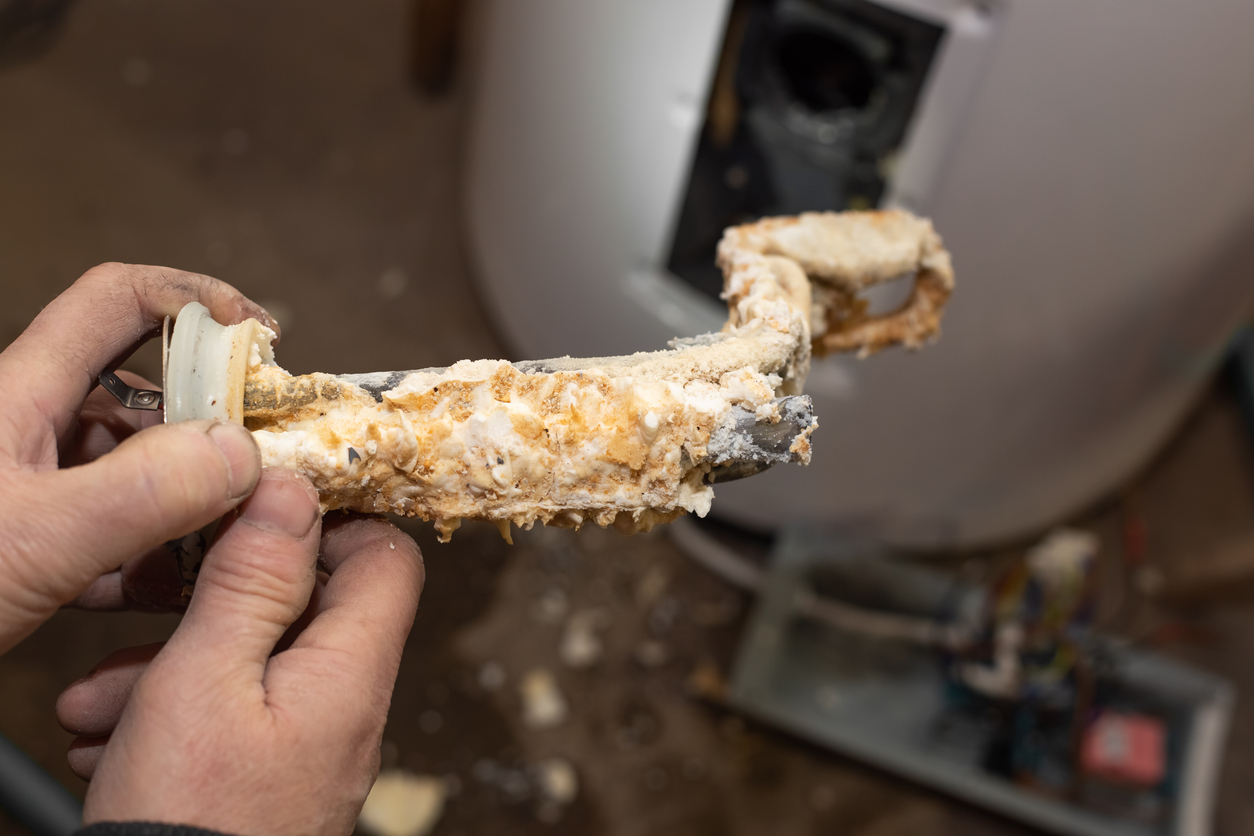
How to Determine Water Hardness & Treat Effectively
February 25, 2025
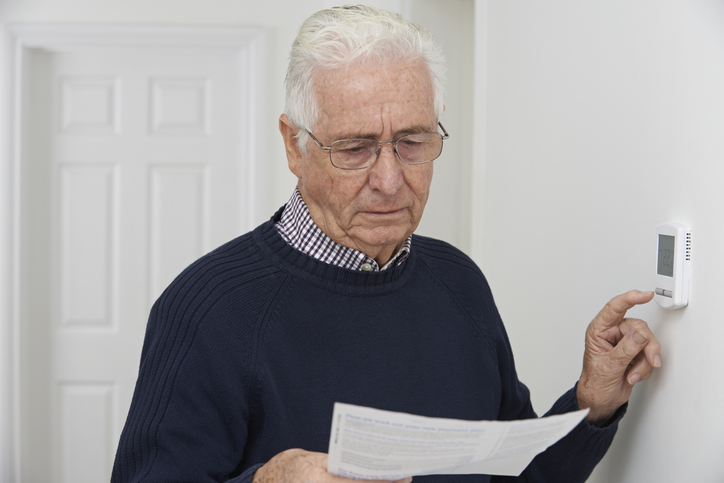
How to Save On Your Heating Bill During Winter
February 10, 2025
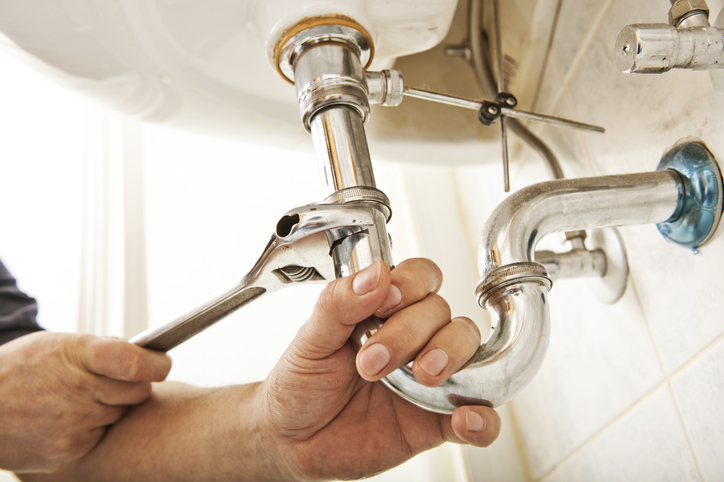
Cost Savings with Proper HVAC and Plumbing Systems in Winter
December 9, 2024

